Japanese inflation picked up pace in May, driven by increased energy bills, according to government data released Friday. The Consumer Price Index (CPI), excluding volatile fresh food prices, rose by 2.5 percent year-on-year, up from April’s 2.2 percent, the internal affairs ministry reported.
The ministry attributed the acceleration to rising energy costs, including electricity and gas bills. This increase, however, was slightly below market expectations of 2.6 percent.
Japan’s inflationary trends have been moderate compared to the surges seen in other major economies like the United States. The Bank of Japan (BoJ) aims for sustainable, demand-driven inflation of two percent. Although the CPI has exceeded this target since April 2022, the BoJ has cautioned that the increase was influenced by unstable factors such as the war in Ukraine.
Recently, the BoJ has begun to cautiously retreat from its prolonged ultra-loose monetary policies. Last week, the BoJ announced plans to reduce its significant holdings of government bonds and had previously raised interest rates in March for the first time since 2007.
Katsutoshi Inadome, senior strategist at SuMi TRUST, suggested that with inflation remaining persistently high, another rate hike could be expected in July or September, though the exact timing remains uncertain.
Excluding both fresh food and energy, prices in Japan increased by 2.1 percent in May, slightly below market predictions of 2.2 percent and following a 2.4 percent rise in April, according to Friday's data.
Additionally, earlier data showed Japan’s household spending rose in April for the first time in 14 months, with wage growth at its fastest rate in three decades. Wage growth is a crucial element for the BoJ's policy decisions as it seeks to establish a "virtuous cycle between wages and prices."



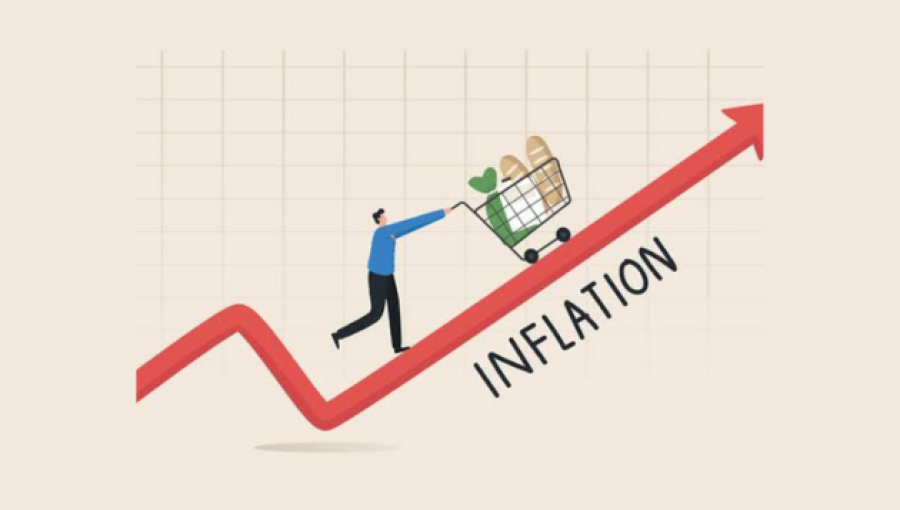





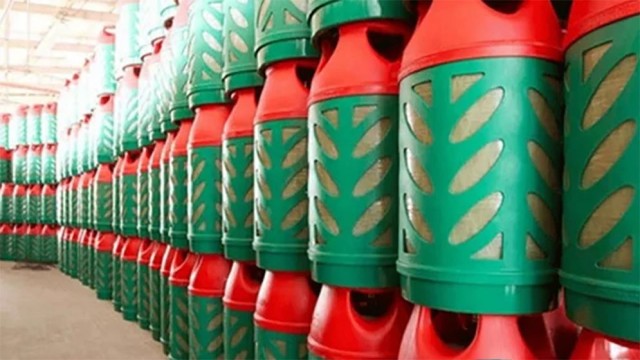


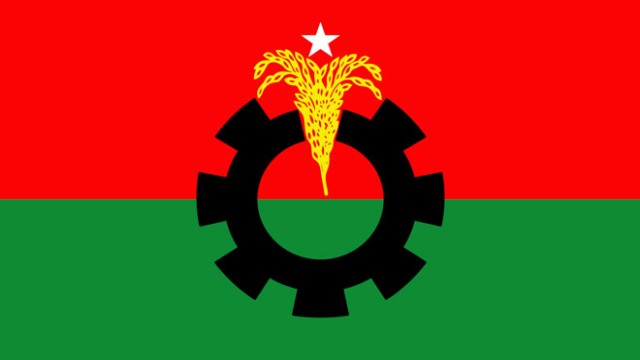




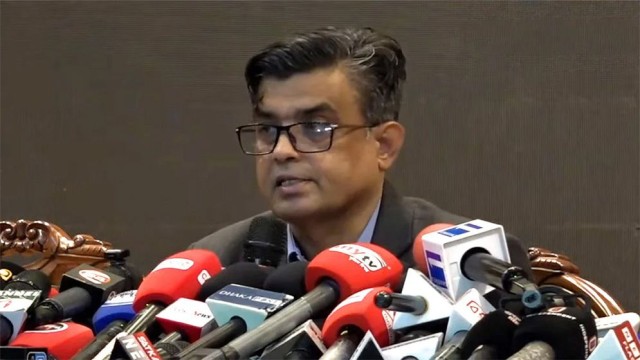

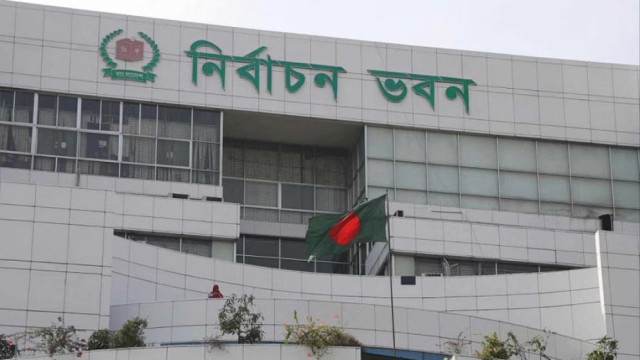










Comment: